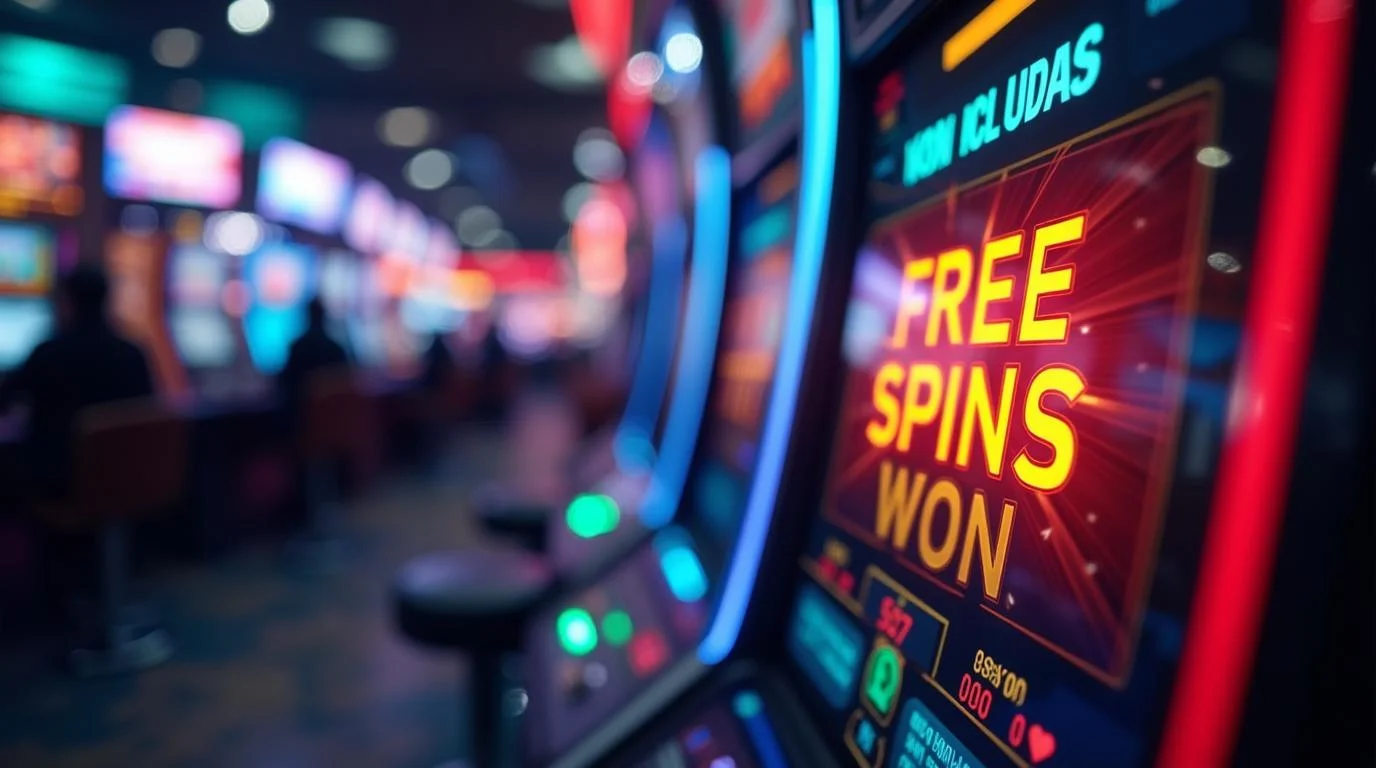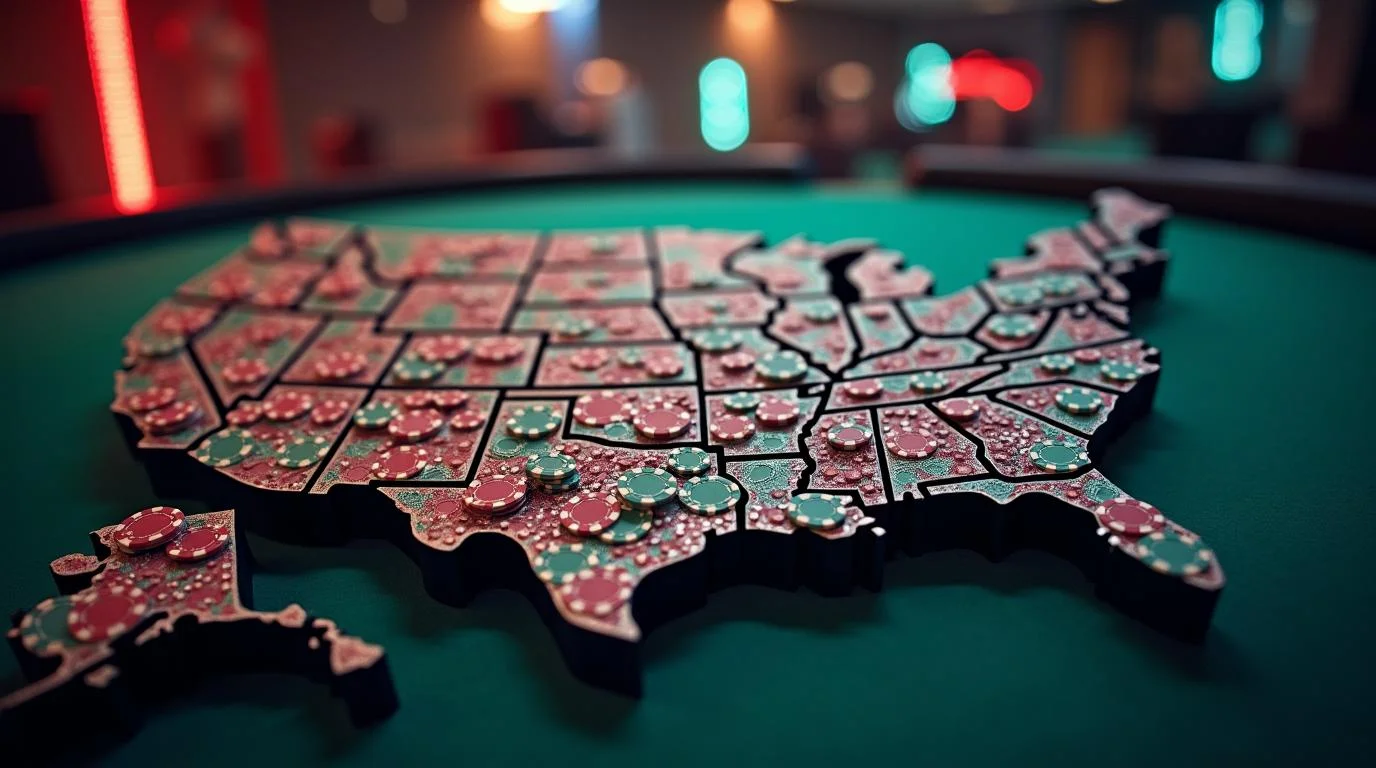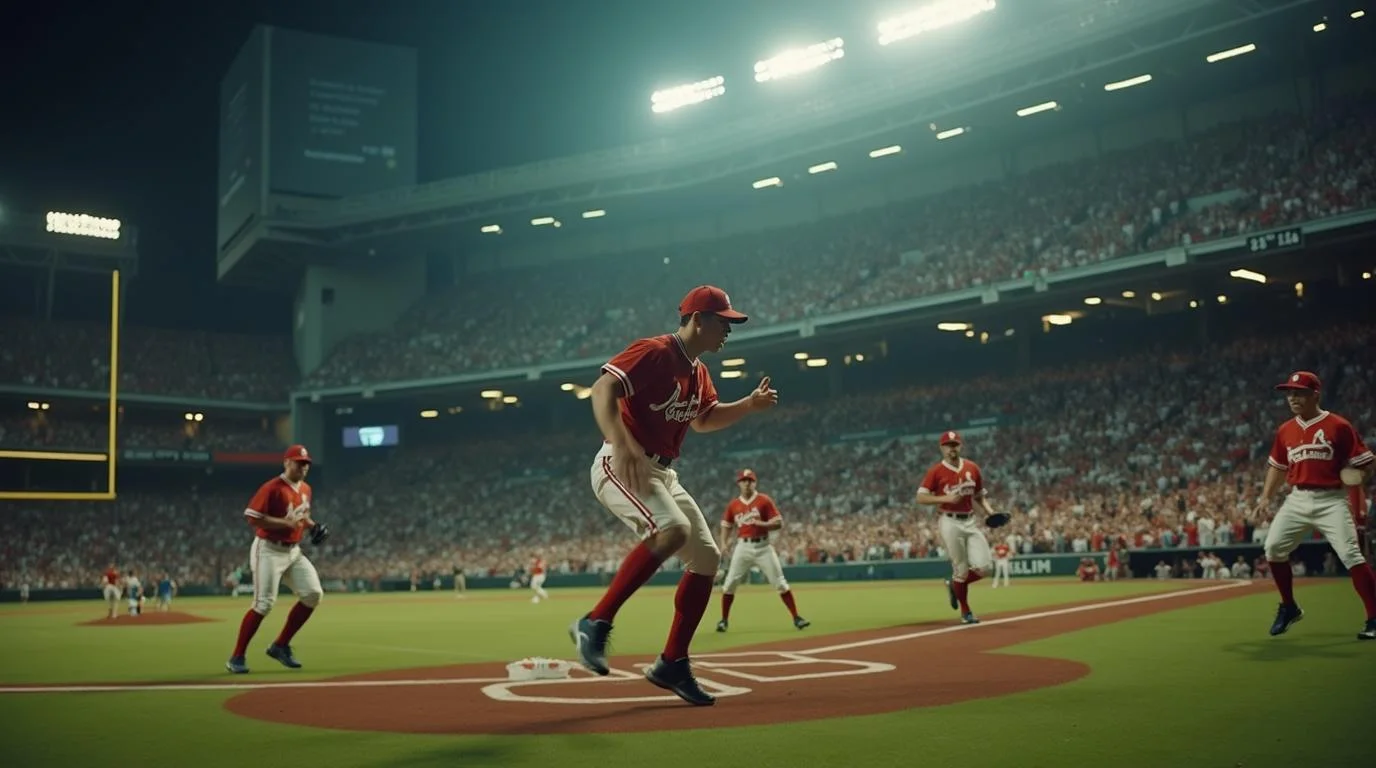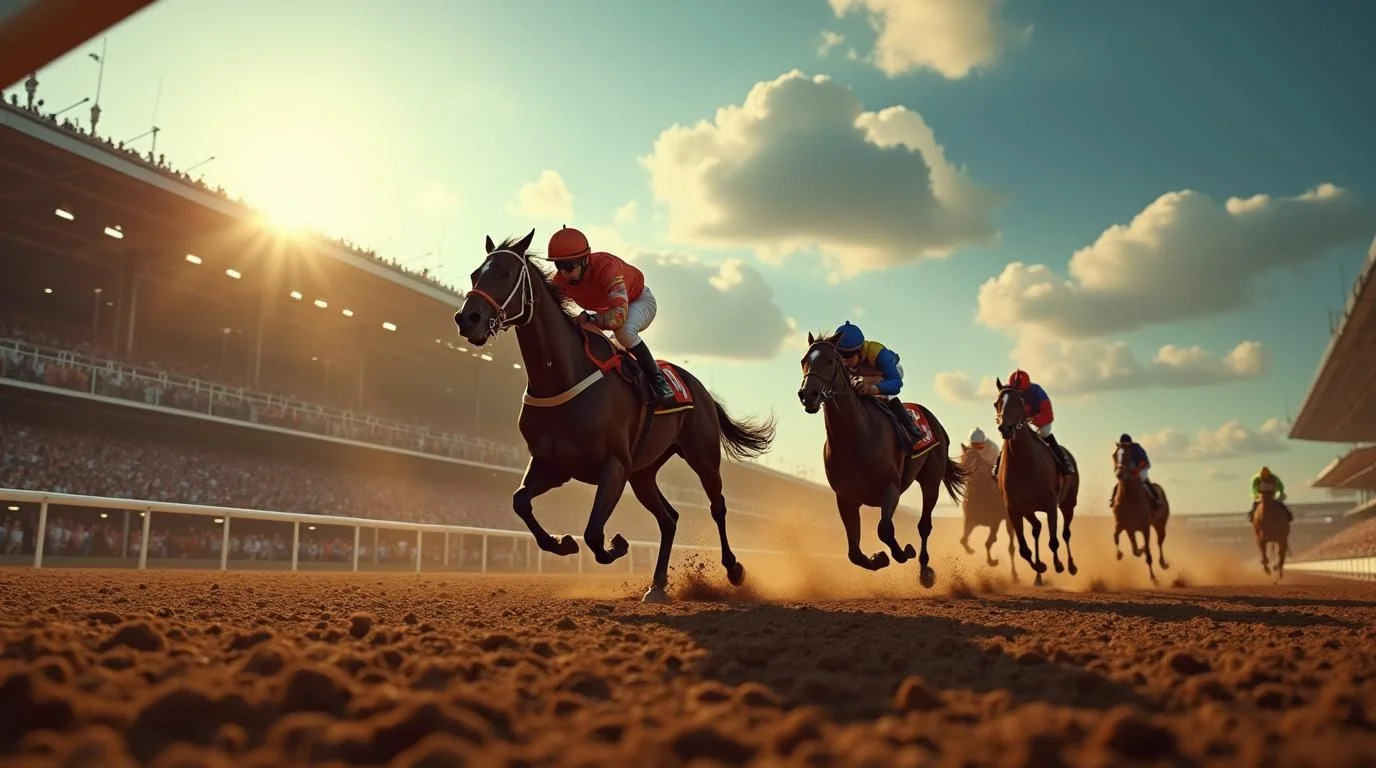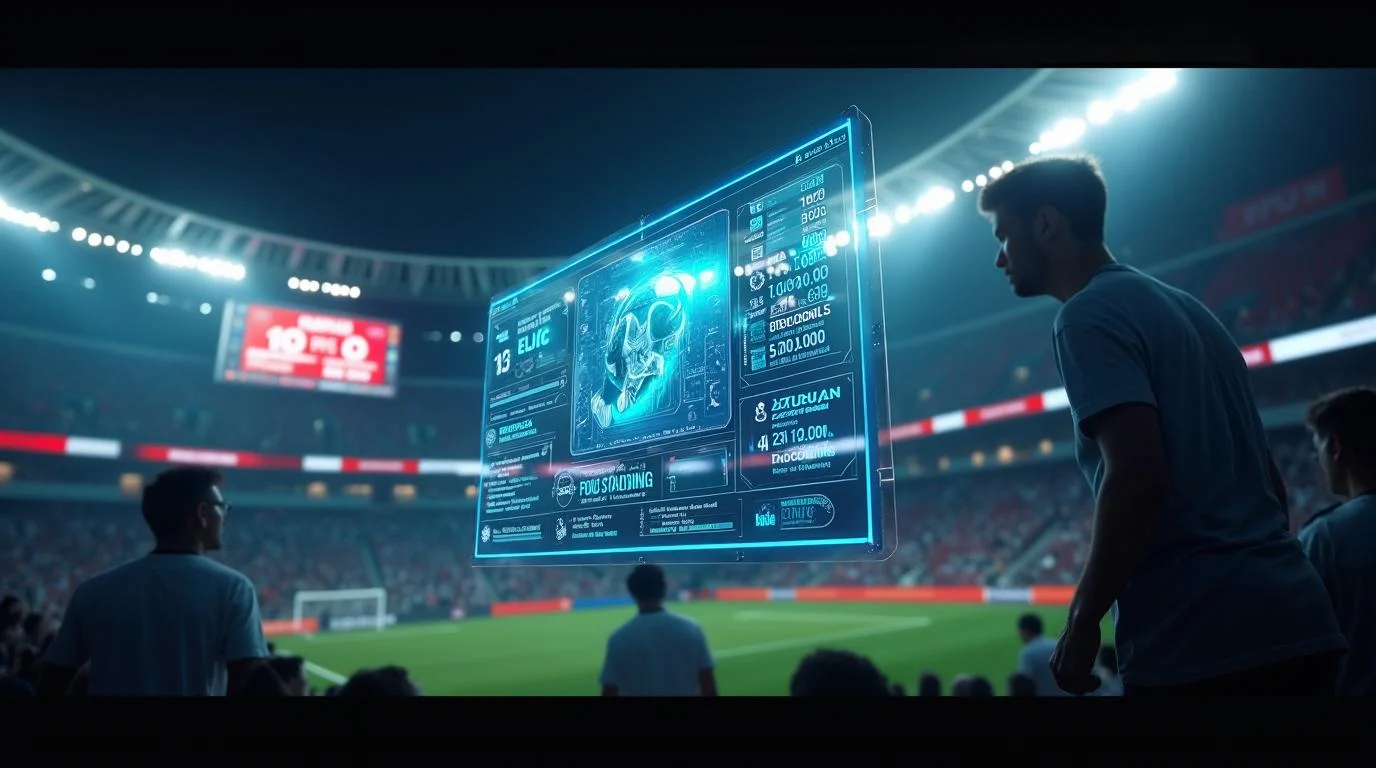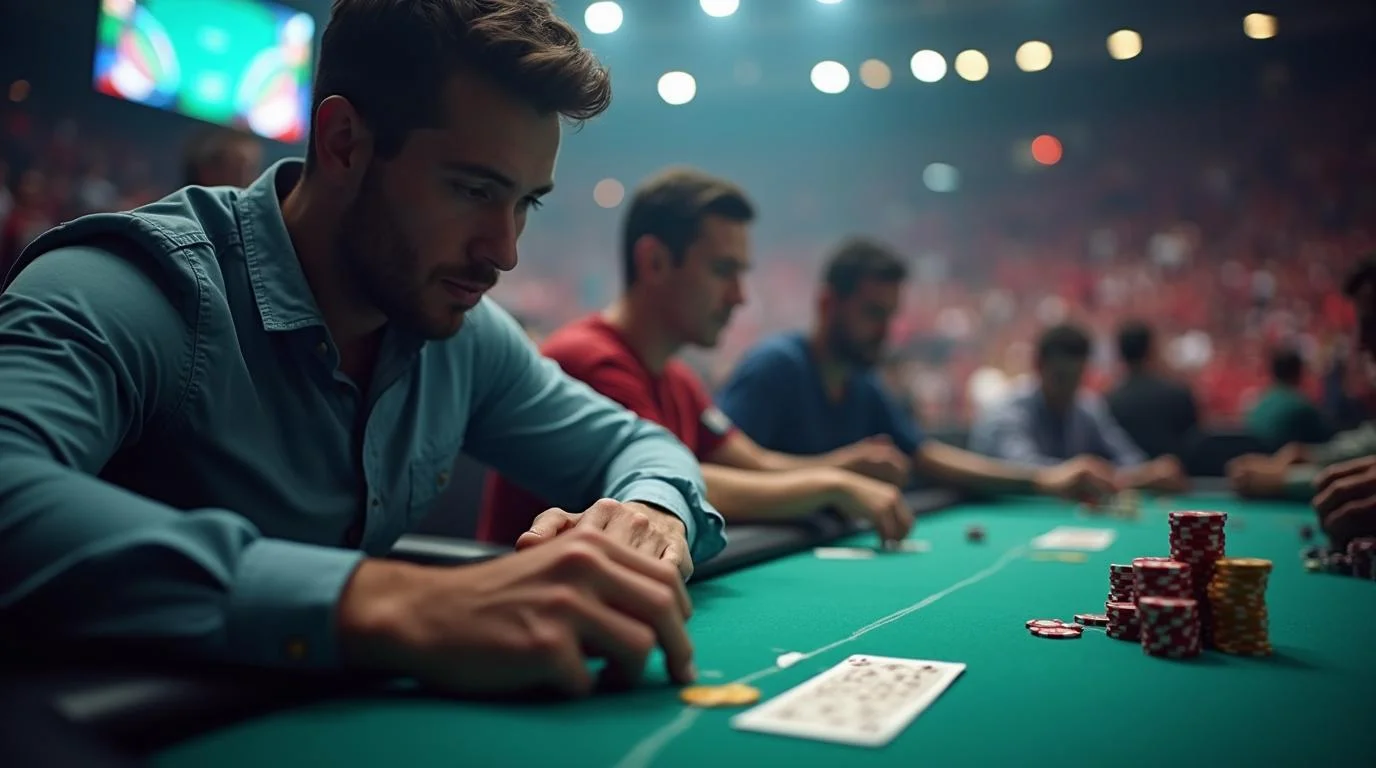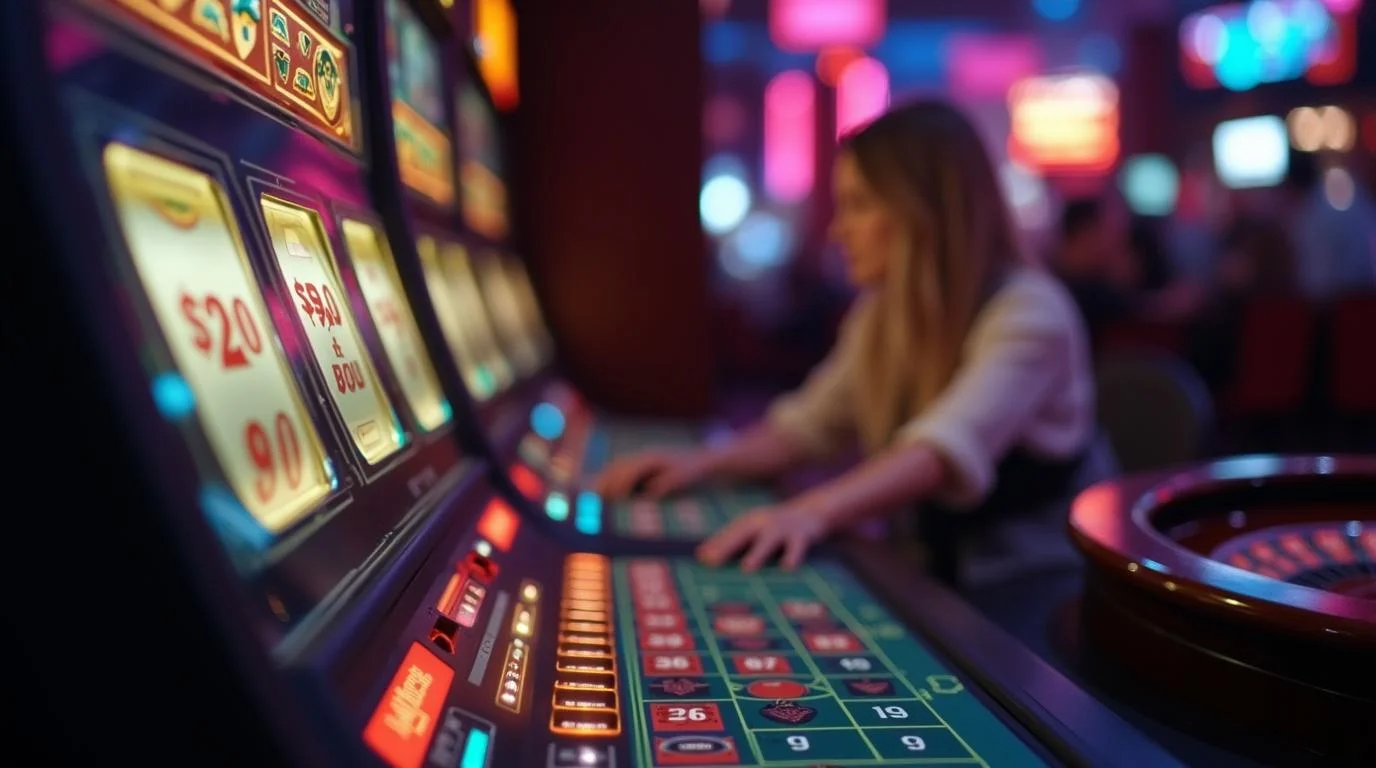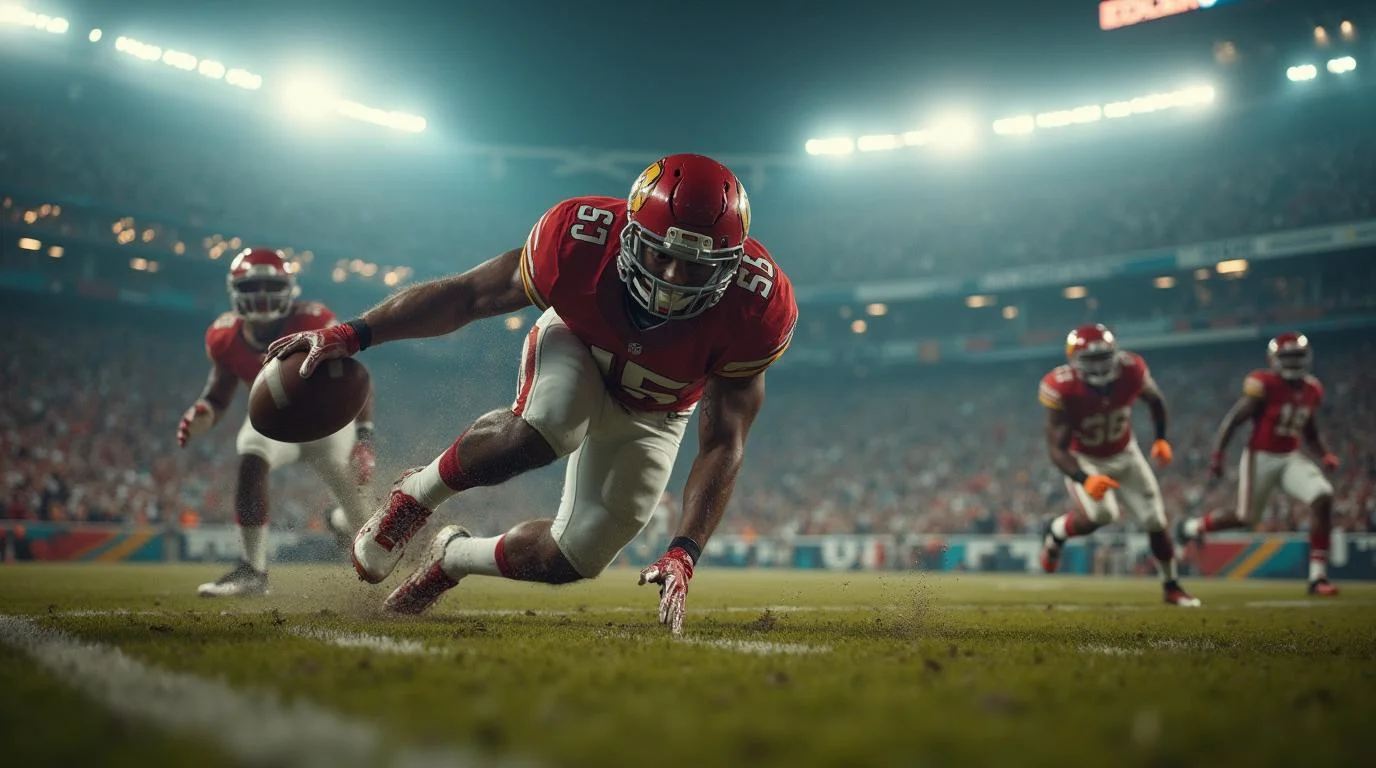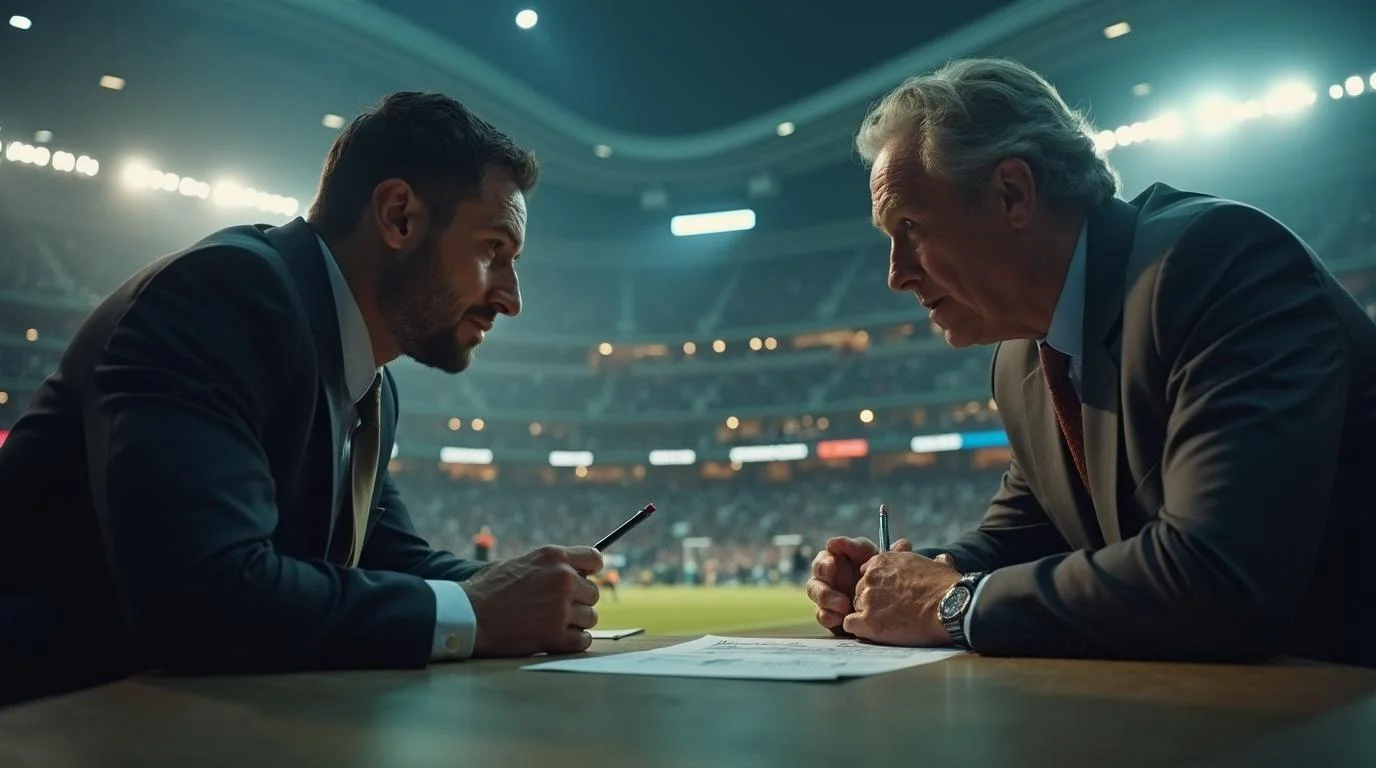Fallout series and the theme of luck isn't just a gameplay mechanic; it's a reflection of society's deep-rooted fascination with chance, risk, and the unknown. Expanding on this topic allows us to explore the broader context of how different cultures view luck and chance. Historically and across societies, luck has been a force both revered and feared, influencing everything from personal decisions to the outcomes of wars. This cultural tapestry provides a rich backdrop for understanding the allure of games of chance in both the real world and the Fallout universe.
Delving deeper, we can examine the psychological aspects behind humanity's fascination with luck. The thrill of uncertainty, the illusion of control, and the gambler's fallacy are all elements that play into the hands of both casino goers and players navigating the wastelands of Fallout. These psychological underpinnings explain why games of chance are compelling and addictive, offering insights into the human condition that are as relevant in the virtual world of Fallout as they are in our daily lives.
Furthermore, a comparative media analysis could enrich our understanding of Fallout's portrayal of luck. By examining how luck and gambling are depicted in films, literature, and other video games, we gain a broader perspective on where Fallout stands in the cultural dialogue about these themes. This comparative approach highlights the unique ways Fallout contributes to and is influenced by wider societal attitudes towards luck and gambling.
The impact of Fallout's portrayal of luck extends into gaming culture itself. The series' in-game gambling mechanics and the representation of luck as a tangible attribute that can be enhanced and relied upon affect how players perceive and engage with these concepts. This influence raises questions about how virtual experiences shape our understanding and attitudes towards real-life gambling and risk-taking.
Moreover, Fallout's post-apocalyptic setting, where resources are scarce and survival is uncertain, amplifies the significance of luck. In a world stripped of order and predictability, reliance on chance becomes a compelling, almost necessary strategy for survival. This mirrors real-life situations where individuals feel powerless or desperate, turning to luck and chance as a last resort. By reflecting on these societal parallels, we can better understand the ethical considerations and potential impacts of glorifying or normalizing luck and gambling through popular media.












